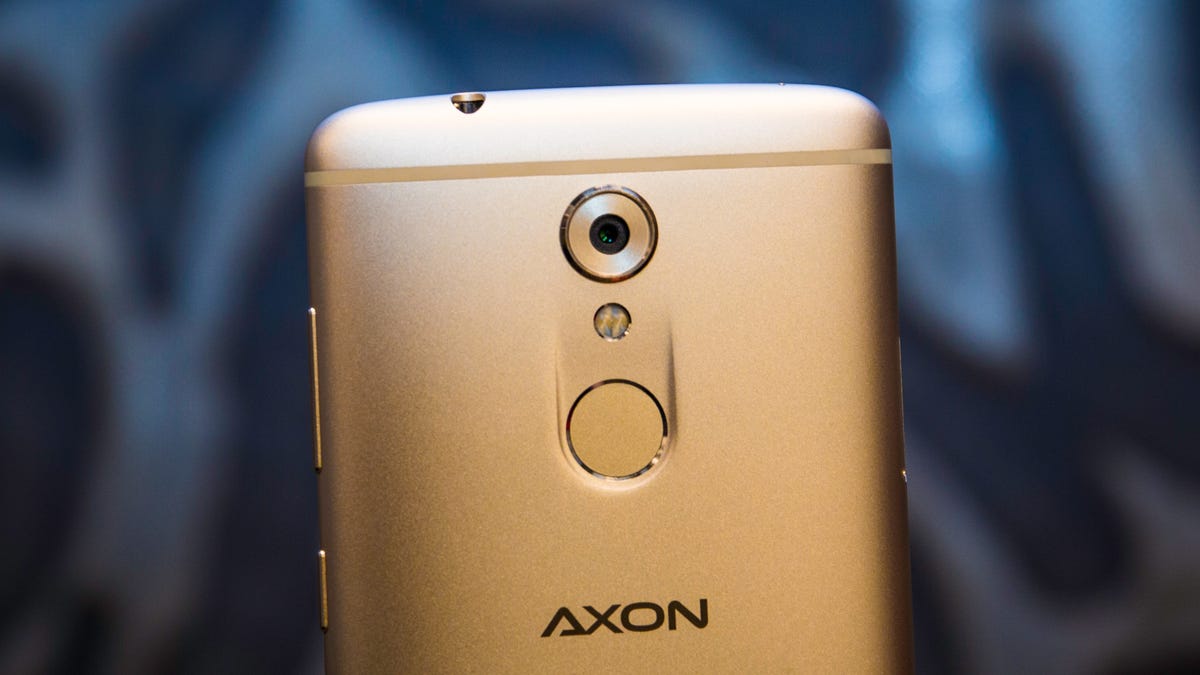ZTE wants you to design its next blockbuster gadget
ZTE's Project CSX, which taps the public for ideas on a new gadget, kicks into high gear. It's part of ZTE's mission to raise its profile.

What's the best way to get you invested in a company? Offer the chance to participate in the creation of its products.
That's exactly what ZTE is doing with Project CSX, an initiative that taps the consumer base for ideas for its next gadget. There are few restrictions on the product, which just needs to be mobile and affordable. The company has committed to making and selling the product next year.
ZTE said at a press conference at the IFA trade show on Thursday that the initiative, which has been gathering ideas from the public, would move into the voting phase. With the help of judges from ZTE, the company plans to narrow the ideas down to three, with two "wild card" options, by September 12. Then, it will seek out engineering and design feedback from its users.
Project CSX is part of a wider initiative to raise awareness for ZTE, Chinese phone maker largely known for making cheap phones for the prepaid market. The company is on a mission to change that perception, which began with the debut of its Axon line of premium phones last year.
ZTE Executive Jeff Yee talking about Project CSX at CES this year.
ZTE has built its position -- it's the fourth-largest phone maker in the US -- on phones sold through the likes of T-Mobile's MetroPCS prepaid arm, but wants to stand out for more than affordability. The company has invested in high-profile partnerships with the likes of the Golden State Warriors and Madison Square Garden.
ZTE plans to hold a design session on Saturday at IFA, where its own engineers and designers will provide advice and instructions on creating a viable design.
The company has already fielded around 400 ideas, ranging from a virtual reality display grafted onto a diving mask (so you can jump into your pool and see what it's like to snorkel in the Mediterranean Sea) to a Bluetooth-connected glove that can track your movements for physical therapy or to play the guitar.
"The best-case scenario is that we get something that defines a whole new category," Jeff Yee, vice president of technology planning and partnerships at ZTE, said in an interview ahead of the show.
But this is less about making money on a new product and more about building a relationship with consumers. Project CSX has drawn users to its website, where its "Z Community" has been steadily building.
While Yee said he would like to see one of the stranger products win, he said that with the ideas that are shaping up, it'll likely end up being another phone.
Doubling down on Axon
The other recent draw to ZTE's website has been its Axon lineup, which got a boost from the debut of the Axon 7 flagship phone in July. While Yee declined to provide specific sales numbers for the device, he said it has done "orders of magnitude" better than its predecessor, the Axon Pro.
"There are a lot of happy people within ZTE," he said.
The Axon 7 has won over the more technically savvy crowd, the type that would appreciate a phone like the OnePlus 3,Yee said.
ZTE unveiled the Axon 7 Mini at IFA. The phone is a smaller version of the Axon 7, with some tweaks to its display, processor and battery. It will sell for 300 euros, or around $335.
That lower price is critical to getting the Axon phone in more channels, Yee said, noting that some retailers were particularly interested in the Mini.
He also hinted at carriers selling the Axon, but only in limited test runs. ZTE has struggled to get its higher end devices in carrier stores, which would further raise its profile since most consumers tend to buy through their carrier. But Yee believes the Axon line is turning heads.
"It's a baby step towards carrier adoption," he said.

